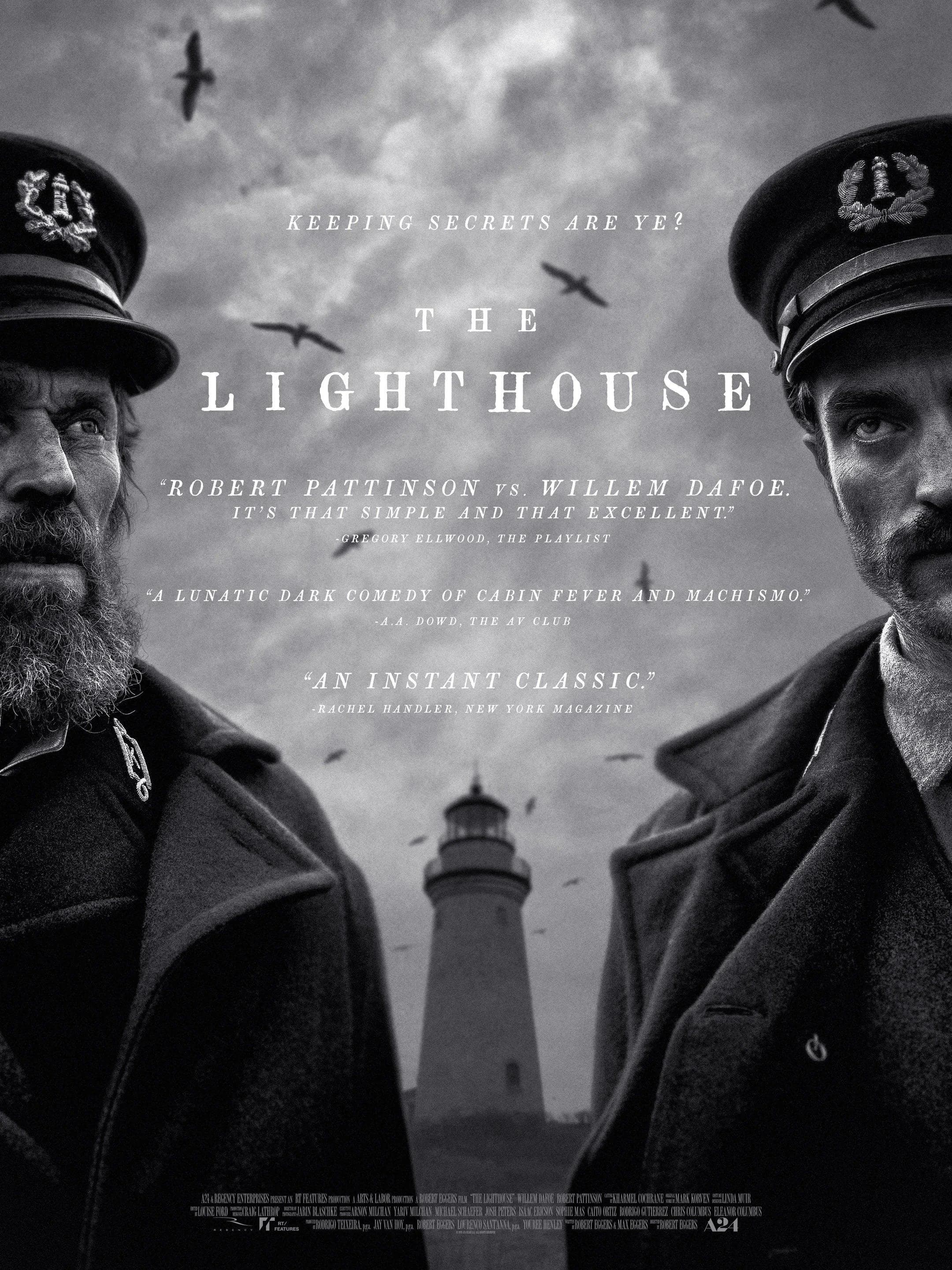
The Lighthouse
2019
Rate this movie
Average: 4.67 / 5
(3 votes)
Director
To fully understand The Lighthouse, a fundamental critical operation must be performed: stop watching it as a film and start reading it as pure theatre captured on film. Robert Eggers does not merely cite past cinema; he draws directly from the source of Western drama, constructing a work that adheres to the Aristotelian unities of place and time with an almost suffocating rigor. The island is not a location; it is a stage. The lighthouse is not a building; it is a monumental set piece. And the two protagonists are not mere characters, but tragic masks engaged in a dialectical duel that would have delighted a twentieth-century dramatist.
On a purely technical level, every cinematic choice made by Eggers is, in reality, a choice of theatrical mise-en-scène. The Square Proscenium: The 1.19:1 aspect ratio is not a whim. It is the imposition of a proscenium that frames and imprisons. The scenic space is deliberately limited, claustrophobic, forcing the two bodies and their psychologies to constantly collide. There is no escape, neither for them nor for our gaze. Light as Character: The black and white, with its violent contrasts that sculpt faces like wooden masks, is not a filter, but an expressionistic lighting design. It functions like a theatrical spotlight, isolating a monologue, intensifying a shadow, transforming a candlelit dinner into a Caravaggesque memento mori. The Lighthouse's light, the object of desire, is the true "deus ex machina," a divine and mad spotlight that directs the action. The oppressive sound design—the siren, the wind, the waves—is the musical score of this play. It is "musique concrète" that dictates the emotional rhythm, a white noise that becomes the very sound of madness, the constant hum of existential void that the two men try to fill by screaming.
The script and the dynamic between the characters are a distillation of great dramaturgy. If the structure recalls Henrik Ibsen—two men trapped in an enclosed space, haunted by secrets and ghosts of their past that emerge to destroy the present—the soul of the work is unequivocally that of Samuel Beckett. The Lighthouse is, to all intents and purposes, a Waiting for Godot drunk on salt and despair. Wake and Winslow are Vladimir and Estragon, or perhaps even more so Hamm and Clov from Endgame: a master and a servant bound by a relationship of mutual dependence and sadism. They pass the time with absurd routines, circular dialogues, furious quarrels, and grotesque reconciliations.
Their interaction is a Hegelian dialectic of madness with a thesis that is Wake's world, made of seafaring superstition, pagan myths, and a patriarchal and divine authority. And an antithesis: Winslow's world, which attempts to be pragmatic, rational, anchored to a past of toil and guilt he wishes to erase. The Synthesis is in alcohol, the lysergic dimension in which the two consciences merge, roles blur, and their opposition resolves not into a higher understanding, but into a shared psychotic chaos.
On an ontological level, the film shows us a universe where nothing else exists outside of the two of them. The outside world is a hypothesis, a faded memory. The only reality is their dialogic opposition. They exist only in relation to one another. Their essence is defined by the negation of the other. Both arrive on the island already tainted by their personal horrors. Winslow flees from a murder and a stolen identity. Wake is a solitary tyrant who has transformed his madness into a kingdom. The island does not drive them mad; it simply functions as a vacuum that sucks away every social mask, every superstructure, leaving their souls naked and already putrefying. Their struggle is not for physical survival, but to impose their own version of reality on the other, so as not to be annihilated by silence.
The Lighthouse is a masterful work because it understands that cinema, like theatre, in its purest form, is this: two eyes, one voice, an enclosed space, and the infinite, terrible complexity of the human soul.
Countries
Gallery
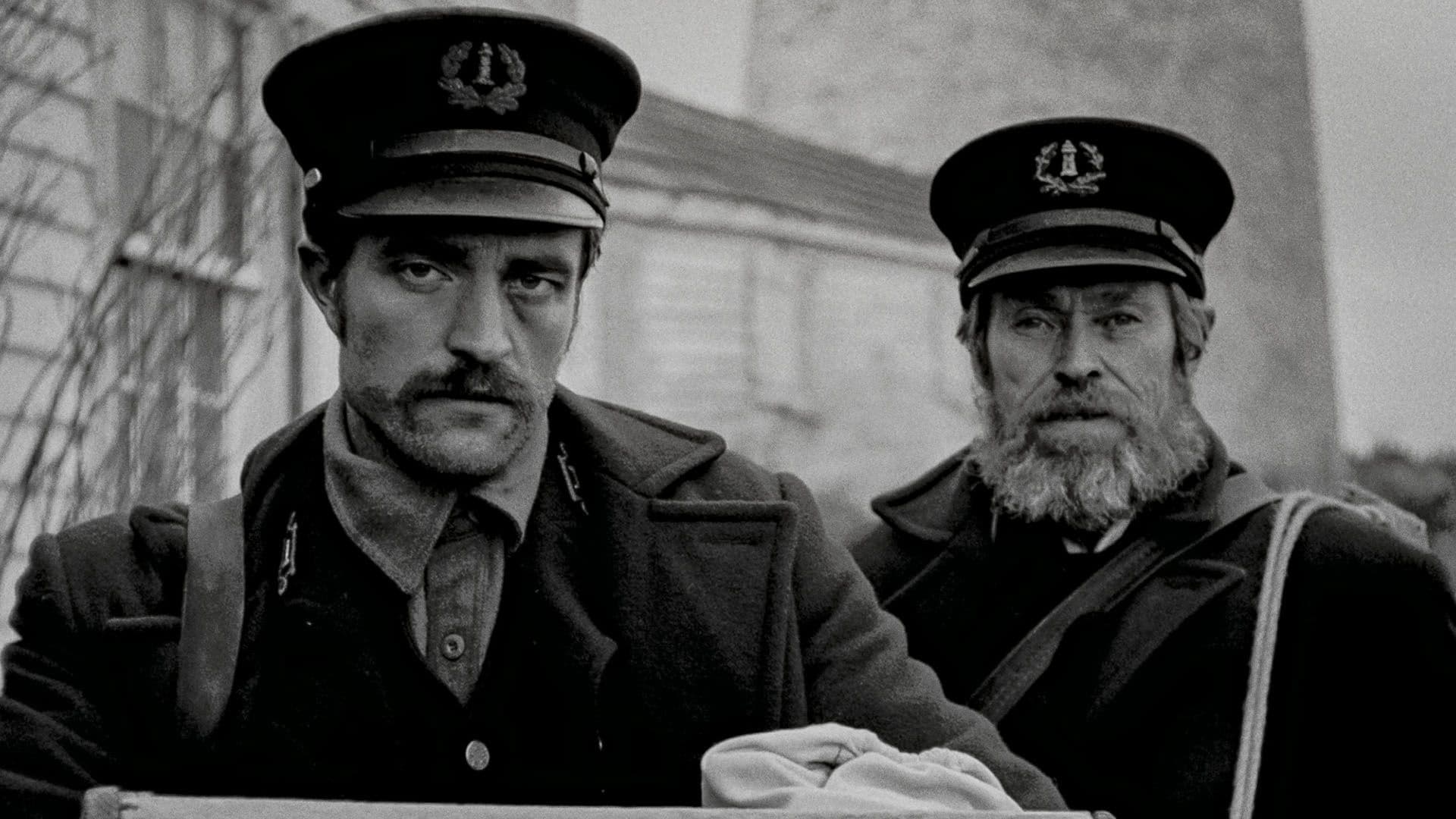
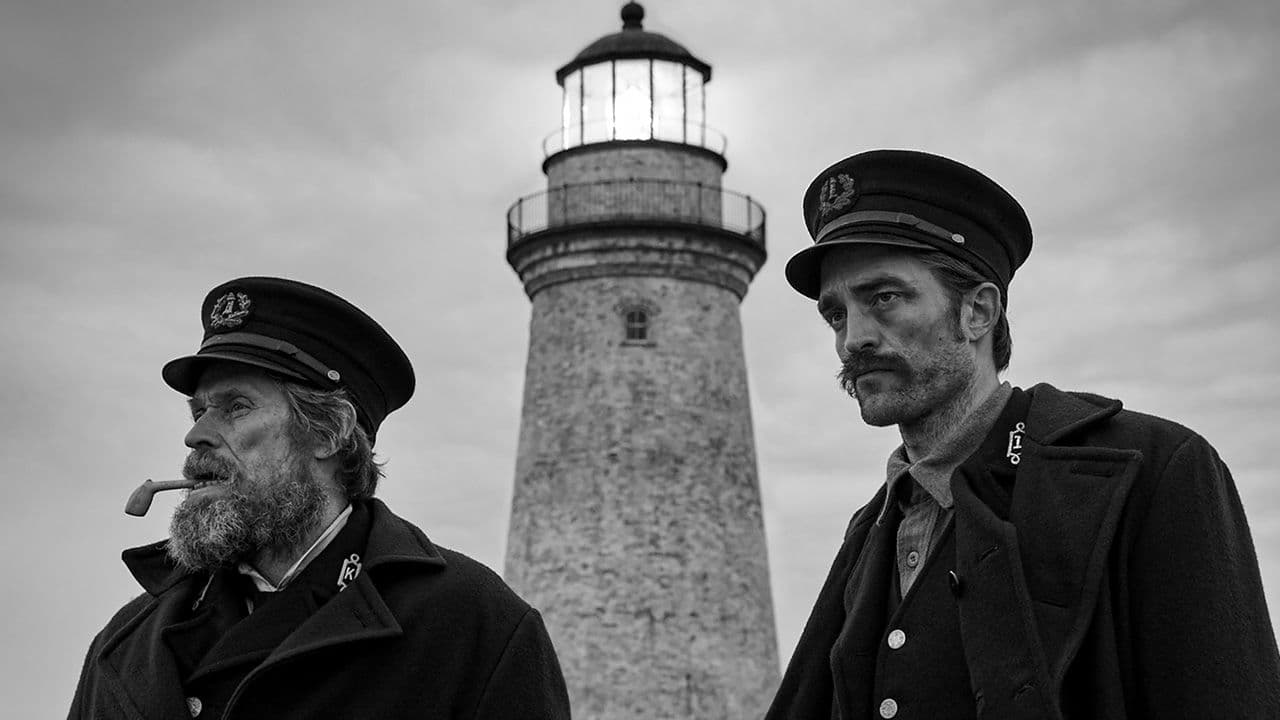
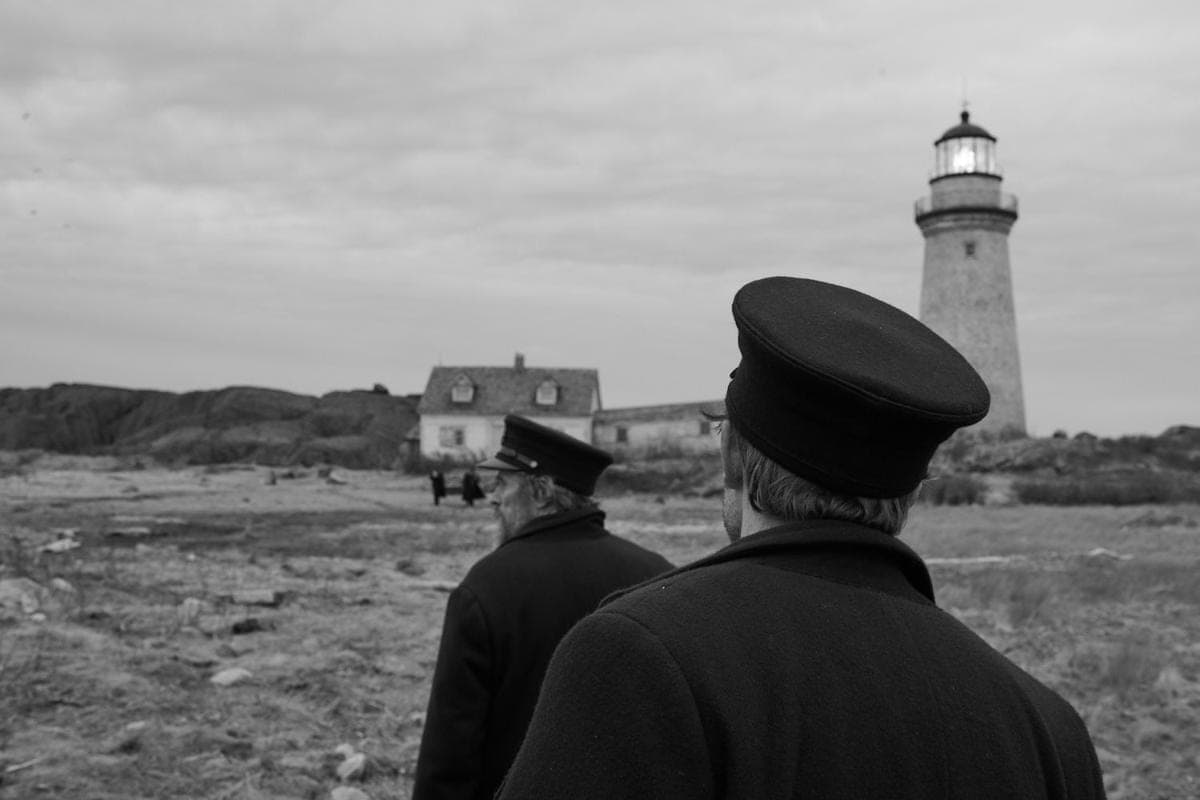
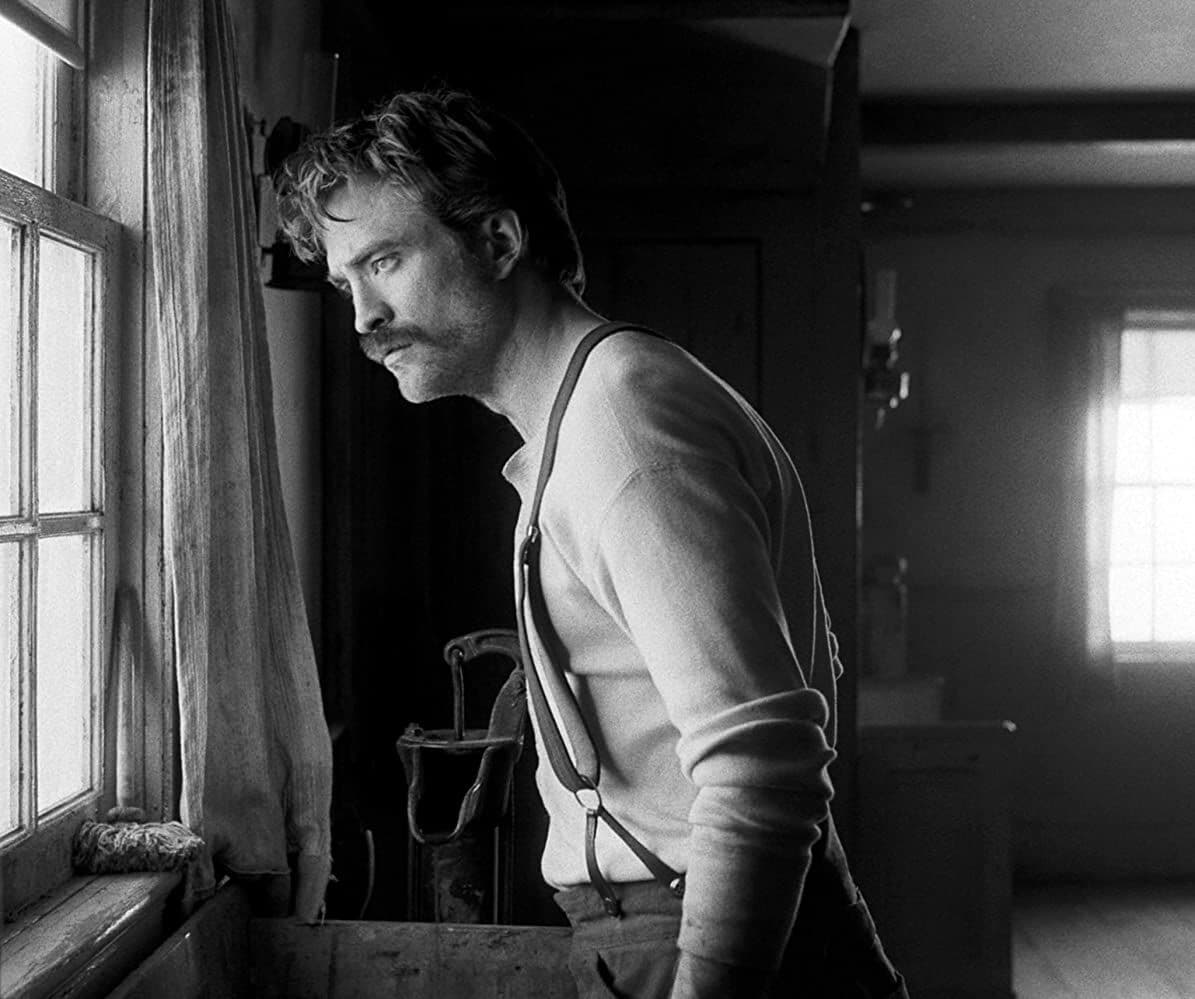
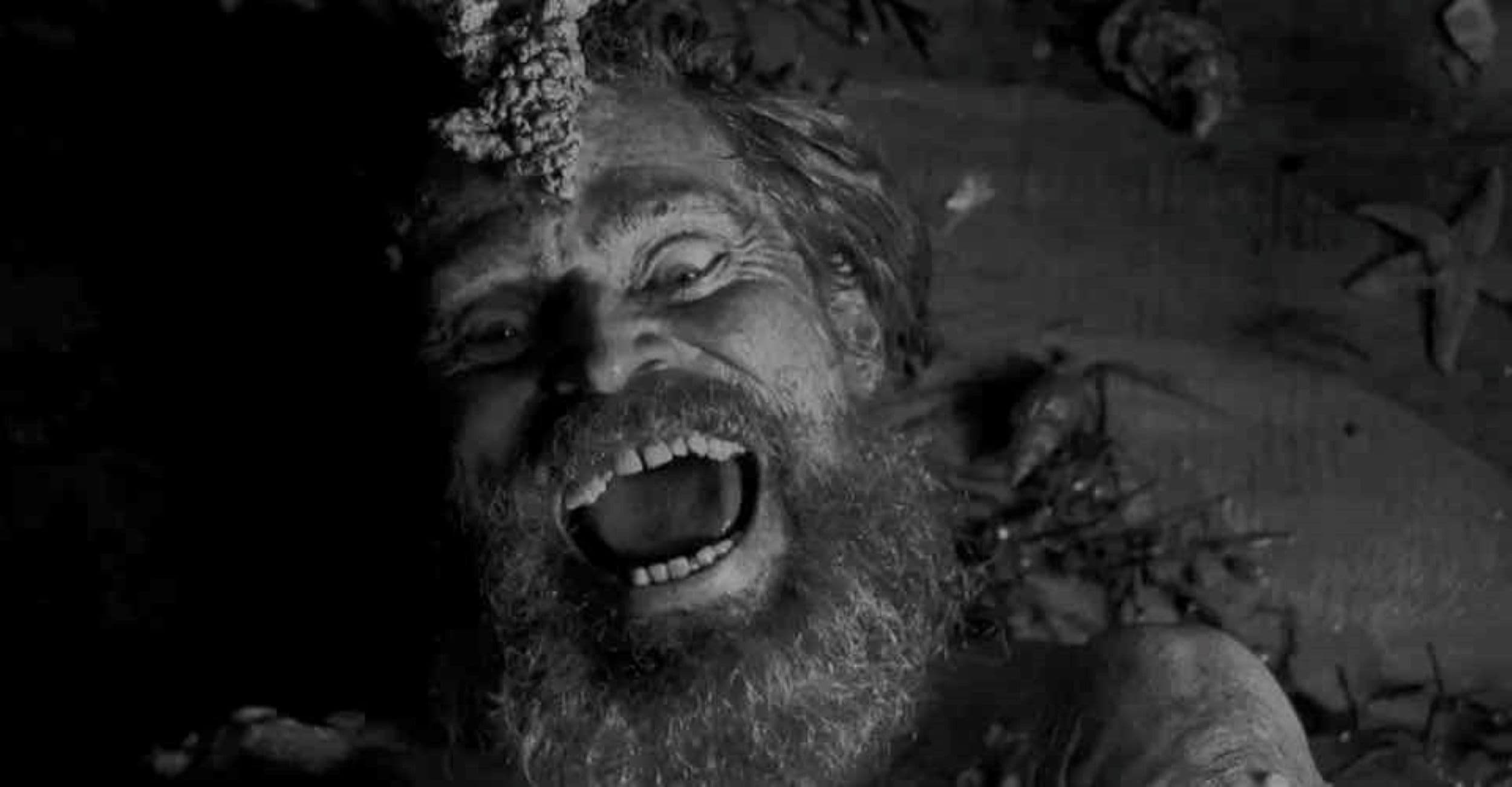
Featured Videos
Trailer
Memorable Scene
Comments
Loading comments...